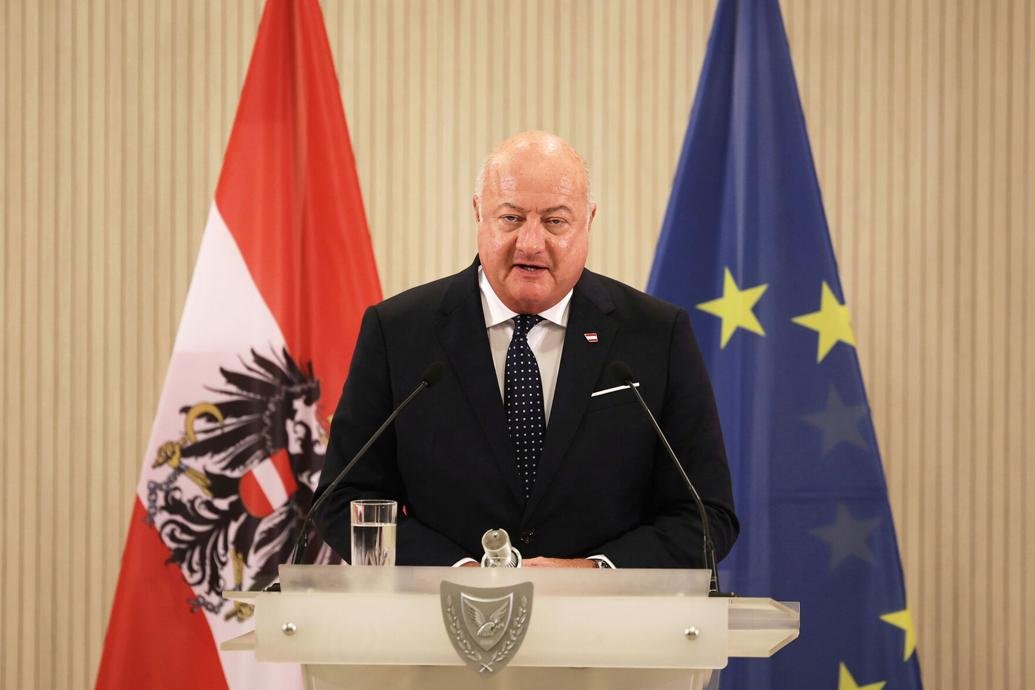Austria has definitively reaffirmed its long-standing policy of military neutrality and ruled out any prospect of joining NATO. Speaking to ORF, Chancellor Christian Stocker made clear that neutrality remains a foundational principle and “joining NATO is not on the agenda for us at all”.
His statement came in the wake of comments by Foreign Minister Beate Meinl-Reisinger, who sparked debate by observing that “neutrality alone does not protect us” and calling for a national discussion on whether Austria’s security strategy remains fit for current challenges. Despite this, polls show that three-quarters of Austrians remain opposed to abandoning neutrality, and only a small minority supports NATO membership.
Russia’s Deputy Security Council Chairman Dmitry Medvedev responded sharply, warning that any move toward NATO could undermine Austria’s legal standing and international role—citing risks to its status as host to key global institutions in Vienna. Austria’s Foreign Ministry swiftly summoned the Russian chargé d’affaires to protest, and Defense Minister Klaudia Tanner rejected the remarks as unwarranted intimidation.
While rejecting NATO membership, Vienna is simultaneously enhancing its defense posture under the doctrine of “armed neutrality.” The government has pledged to raise defense spending to 2 percent of GDP by 2032 and will continue participation in EU defense initiatives such as the European Sky Shield. Austria also maintains robust ties through NATO’s Partnership for Peace and EU security structures, preserving collaborative security without alliance commitments.
Austria’s commitment to neutrality dates back to 1955, when it emerged from occupation and enacted the Declaration of Neutrality, which prohibits joining military alliances or hosting foreign bases. The measure is constitutionally entrenched and remains the bedrock of Austrian foreign policy.





